In the News

Save the Storks to Deploy 100th Mobile Medical Clinic to Meet Critical Needs for Mothers
Next week, Pregnancy Resource Center in Maryville, Tennessee, will receive Save the Storks’ 100th Stork Bus—a state-of-the-art mobile medical clinic—to serve women and families in East Tennessee.
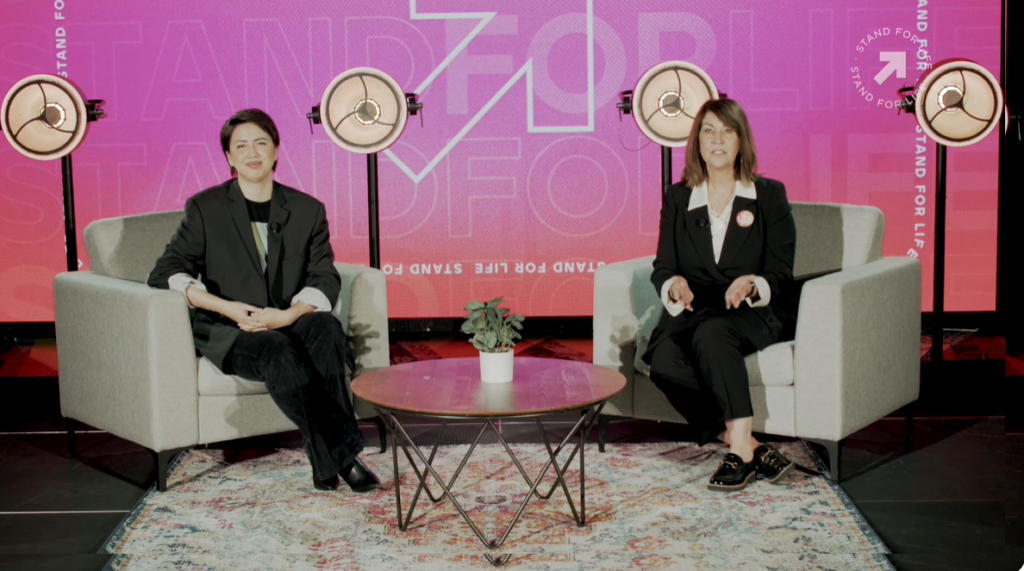
Providing Resources to Help Women through Pregnancy and Beyond
CEO, Diane Ferraro, and staff member, Julz Savard, discuss how Save the Storks and For Every Woman are empowering women in unplanned pregnancies at the Stand for Life Conference 2023.

Colorado Medical Board changes course, says doctors providing abortion pill reversal may be ‘disciplined’
CEO, Diane Ferraro, and National Director of Women’s Healthcare Dr. Hutson (formerly Dr. Trandem), share their thoughts on why this decision is detrimental to women everywhere, who are stripped of real choice if not given the option to reverse their abortion.
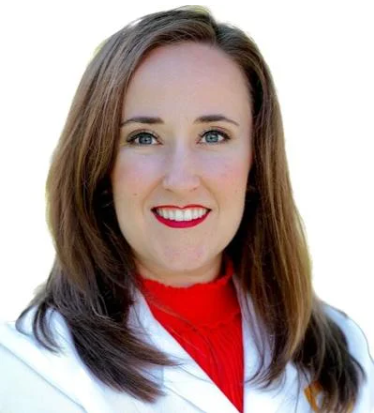
Real Choices for Women Starts with Complete Pregnancy Support
Dr. Hutson (formerly Dr. Trandem) shares her thoughts on the false messaging around pregnancy centers, where federal funding should be allocated, and how Save the Storks is helping to elevate centers and clinics.
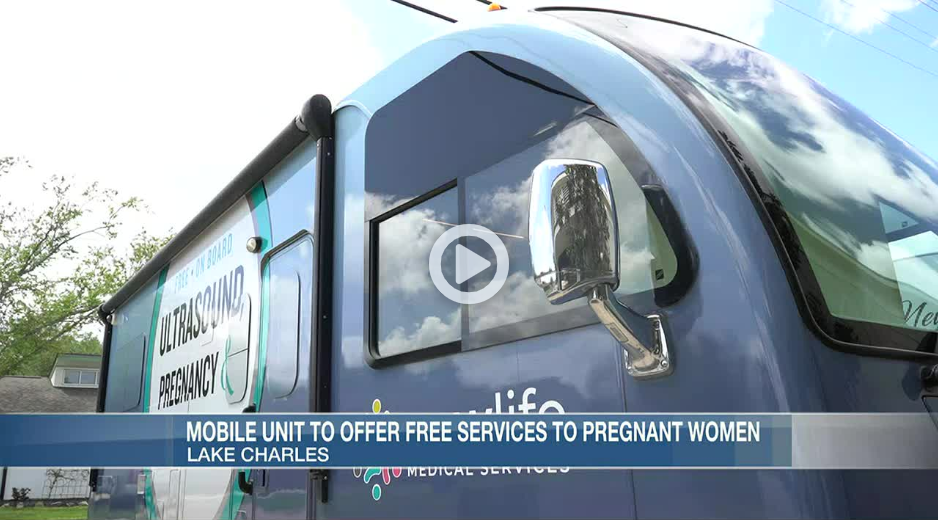
Mobile Medical Clinic Offers Health Services to Women in Southwest Louisiana
Our latest mobile medical clinic, #94, has made it to New Life Medical Services in Lake Charles, Louisiana, and will provide women with health services and life-affirming options in their greater community.

Save the Storks’ Inspired for Life Gala with Brandon Tatum and Rion Paige A Success
Our annual fundraising gala was unique this year as we celebrated our impact and 2023 goals with a seaside soiree in Encinitas, California. More than 150 guests were present to enjoy and hear firsthand what we plan on doing to help reach more women in unplanned pregnancies.

Diane Ferraro Guests on The Kim Monson Show!
CEO, Diane Ferraro discusses current abortion legislation in the state of Colorado and what Save the Storks is doing to help women in unplanned pregnancies.
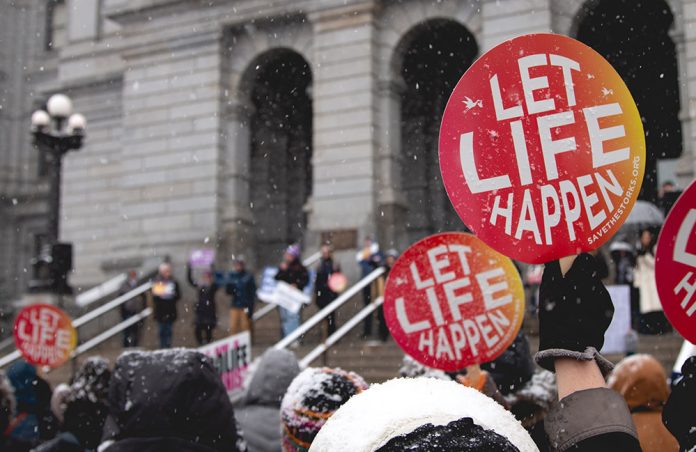
“Women deserve better”: Pro-lifers brave the cold at capitol on RHEA anniversary
Save the Storks Colorado staff and leadership headed to the Capitol in Denver to protest the abortion package restricting PRCs from advertising and women from receiving the abortion pill reversal treatment.
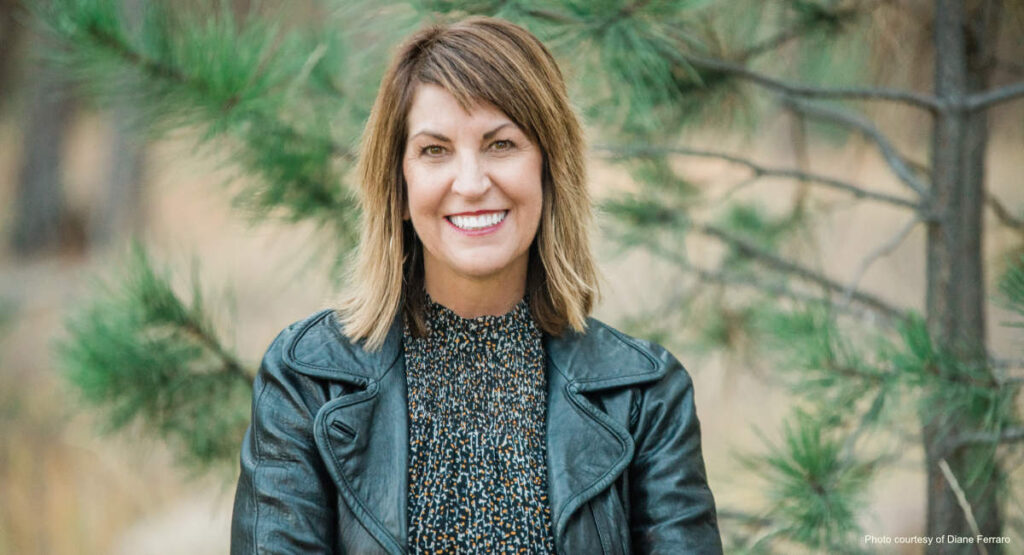
Diane Ferraro Guests on the Axis Podcast!
Gen Z is currently the largest generation to be considered pro-choice. Our CEO, Diane Ferraro, talks about how to approach the topic of abortion with young people.
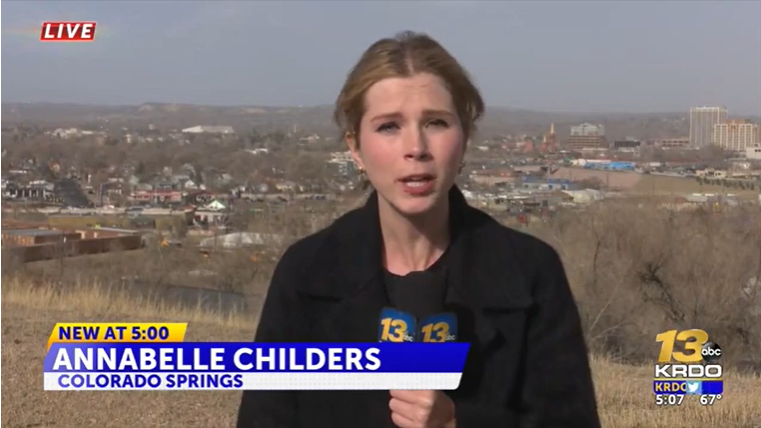
Colorado bill aims to change the way pro-life pregnancy centers advertise services
KRDO quotes Diane Ferraro on the amazing work pregnancy resource centers do that would be restricted should SB23-190 be approved by Governor Polis.
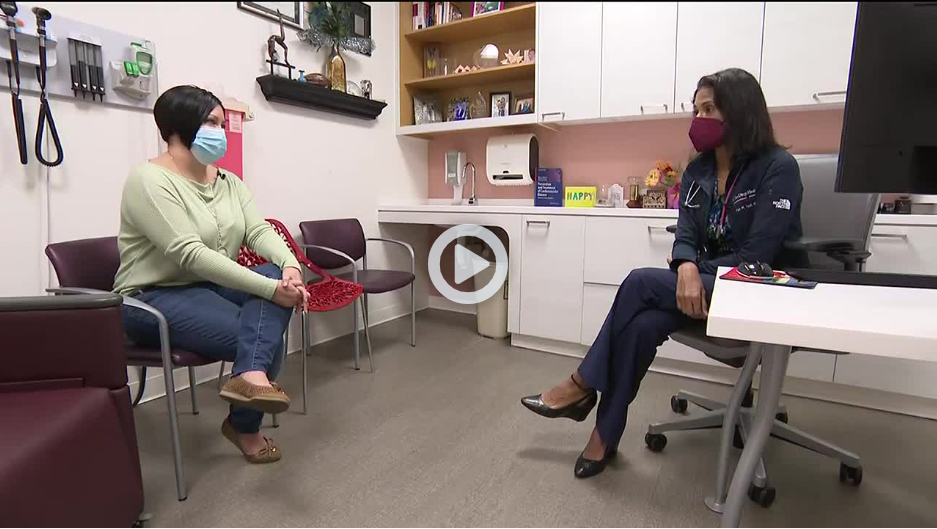
Colorado bill aimed at ‘Deceptive Trade Practices for Pregnancy-related Service’ waits for governor’s approval
CEO, Diane Ferraro, speaks out in opposition of Senate Bill 190 which would prohibit PRCs from advertising their free resources and holistic support to pregnant women.

Pending bill denies Colorado women a true choice
Dr. Hutson (formerly Dr. Trandem) lends her medical expertise in opposition to SB23-190: a series of bills that threatens to prevent pregnancy resource centers from advertising and the abortion pill reversal treatment.
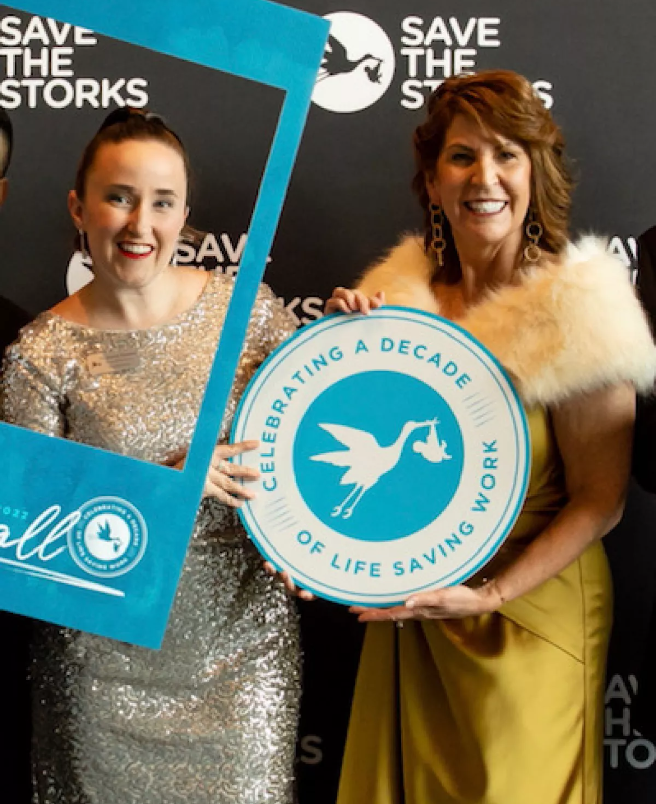
Save the Storks Aims to Create a Story of Hope for Women Facing an Unplanned Pregnancy
Diane Ferraro speaks with La Jolla Light about her ties to San Diego and how Save the Storks is serving women in the area and Southern California. Save the Storks’ annual gala, Inspired for Life, will take place this year at Alila Marea Beach Resort on the San Diego coast this April 21st!
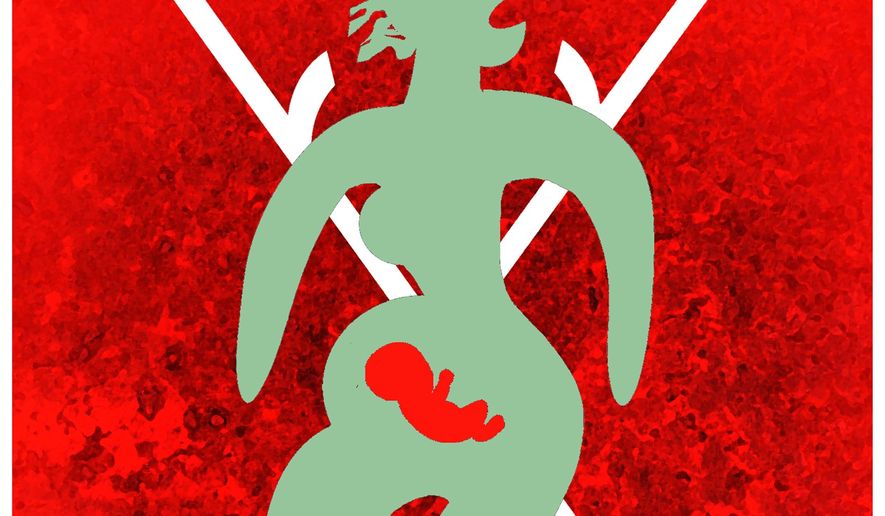
Court should uphold abortion legislation in Florida protecting babies, moms
Board-certified Medical Director, Dr. Hutson (formerly Dr. Trandem), talks about the 15-week ban in Florida and the development of babies up to this point in gestation.
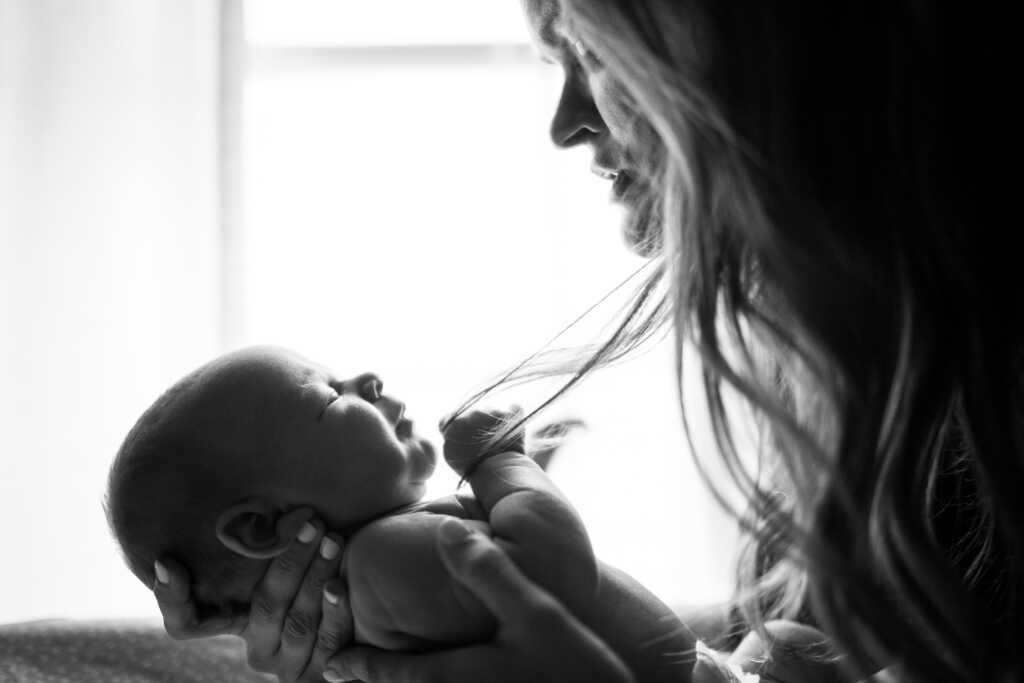
Save the Storks Prepares for New Life-Saving, Post-Roe Battle
CEO, Diane Ferraro, speaks with CBN news on major plans for the next decade, Save the Storks’ new initiative: For Every Woman, and how churches can get involved with our mission.

Her Birth Mother Chose Life, and Now She Works to Help Other Women do the Same
CEO, Diane Ferraro, shares the powerful story of how her birth mother chose life for her, and in turn, Diane now leads one of the most prolific pro-life nonprofits in the country.
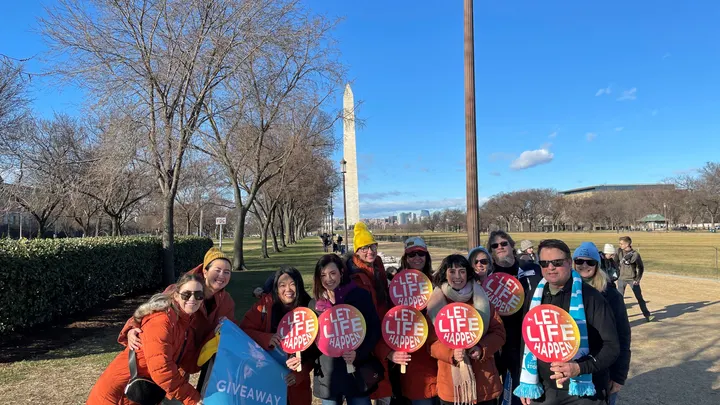
Save the Storks attends 2023 March for Life in a Post-Roe America
Armed with Let Life Happen signs carried by thousands of pro-lifers, Save the Storks attended the first post-Roe March for Life along with Unplanned actress, Ashley Bratcher, who shared her thoughts on what this means to her. Communications Manager, Julz Savard, was quoted as well in CNN.
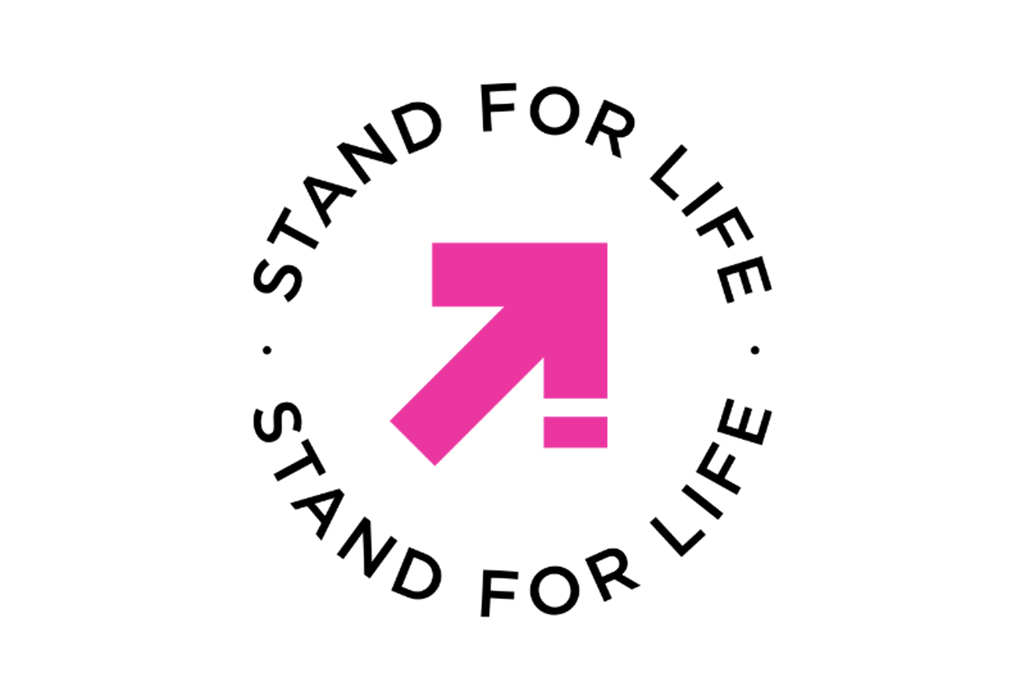
Stand for Life Launches With ERLC Help
Save the Storks is proud to be a partner in Stand for Life’s collective of many esteemed pro-life organizations along with Human Coalition and Live Action. They will be attending and presenting at their January 2023 virtual conference in Washington D.C.

Save the Storks Equips Thousands of Women to Choose Life in 2022, Anticipates Growth in 2023
As Save the Storks gears up for big plans in 2023, the organization reflects on its impact made in 2022 through its Stork Buses, Partner Program, and Awareness Outreach.
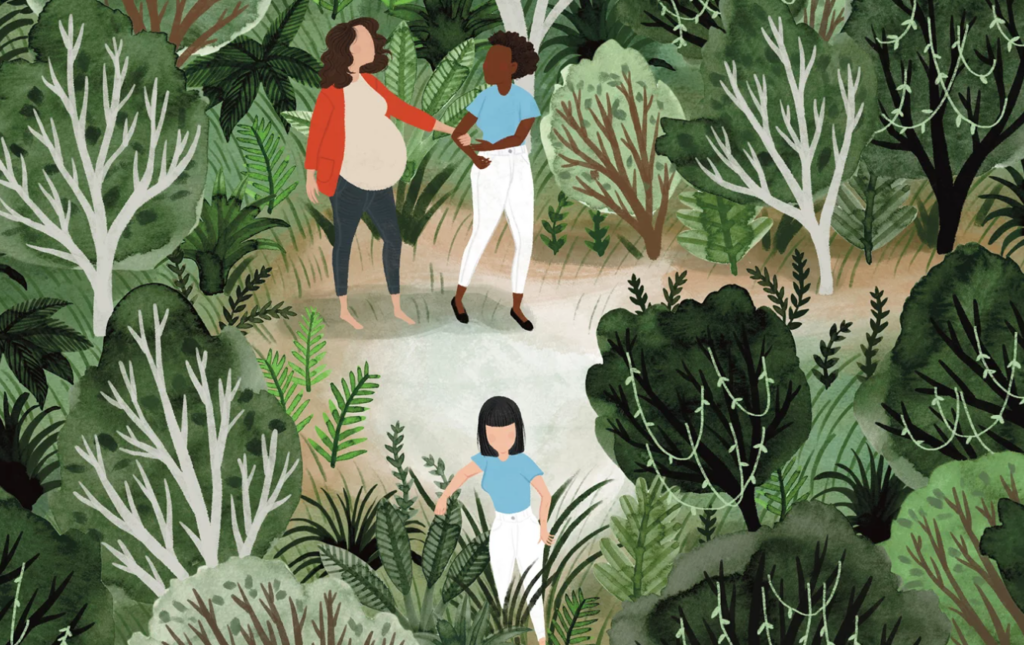
Uniquely Pro-Life: Focusing on Women Changes Everything
Today credits Save the Storks as being a thought leader in the Pro-Life Movement.
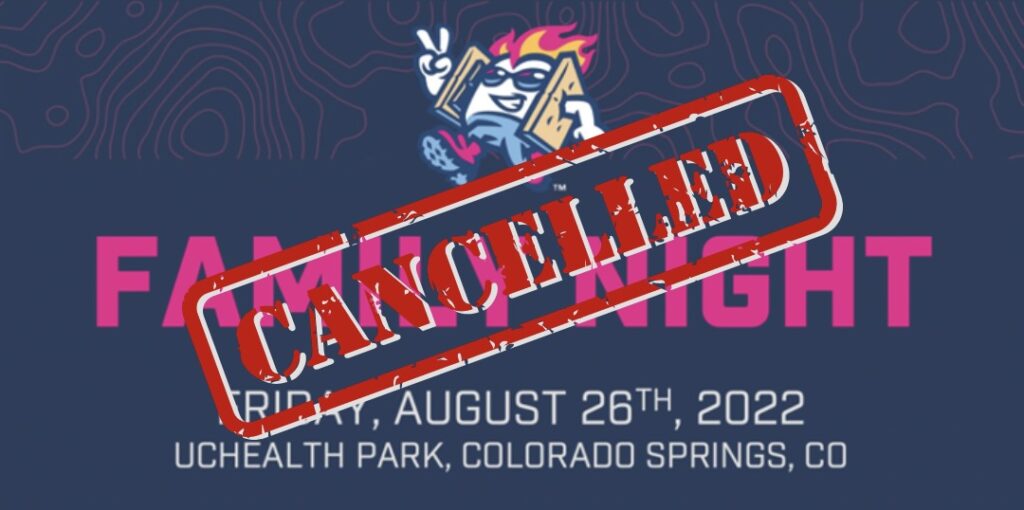
Rocky Mountain Vibes Baseball Game Cancels Save the Storks
BREAKING NEWS: For our friends and supporters in Colorado Springs who purchased tickets to tonight’s game, the Save the Storks events and concert with Matt Hammitt and his son Bowen have been CANCELLED. We were just informed by Vibes management that they cannot allow our pro-family non-profit ministry to be a sponsor.
We ask that you email jhathaway@vibesbaseball.com or visit the Vibes website to request a full refund. Please show your support of Save the Storks and Pikes Peak Citizens for Life by boycotting tonight’s game, but should you wish to still attend, your tickets are valid.
Fox News speaks to Diane Ferraro and Matt Hammitt about the Rocky Mountain Vibes canceling Family Night last minute on August 26th, and pulling out of their partnership with pro-life groups.
Several prominent news outlets covered the cancellation of Save the Storks’ Family Night for Vibes Baseball Game:
- Rocky Mountain Vibes pull ‘pro-life’ sponsor from Family Fun Night on Friday night
- Colorado baseball team cancels event sponsored by pro-life groups hours before first pitch
- Colorado baseball team cancels Family Night with Christian singer Matt Hammitt over pro-life partners
- Sign of the Times: Baseball Team Abruptly Cancels Family Night, Shuts Out Pro-Life Groups
- ‘Zero class’: Colorado baseball team cancels Family Night after complaints about pro-life sponsors
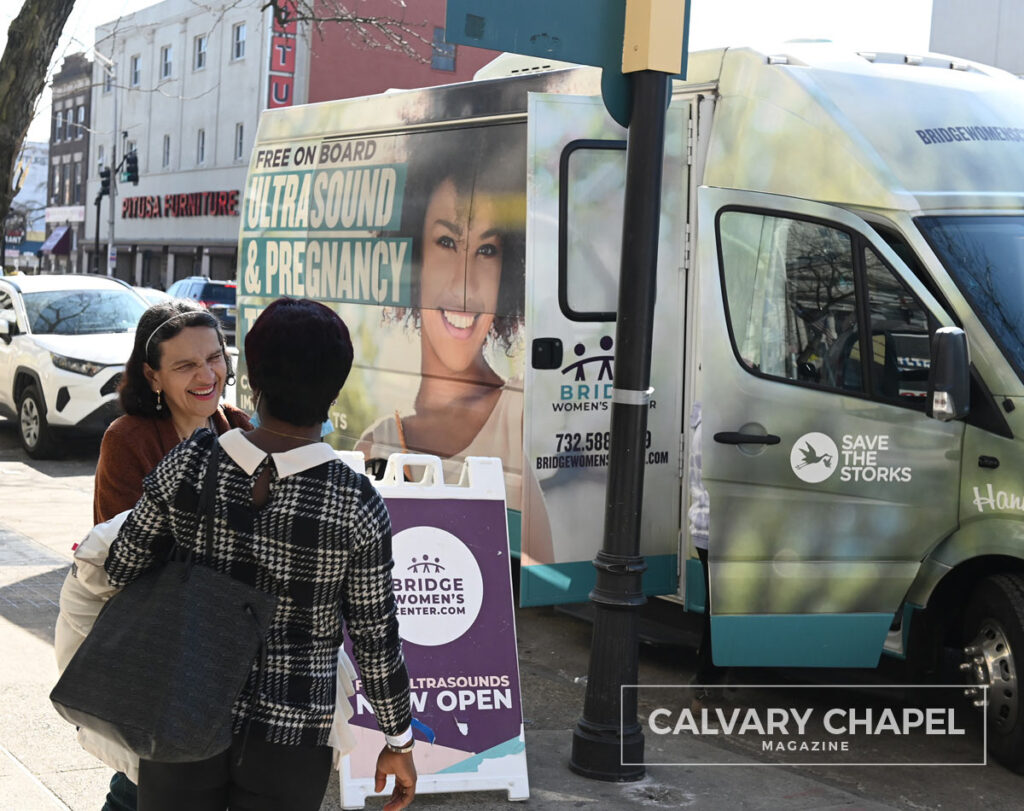
Sharing Jesus, Saving Unborn Babies
Long-time partner Bridge Women’s Center hosts pro-life conference to share Save the Storks’ mission of saving lives.
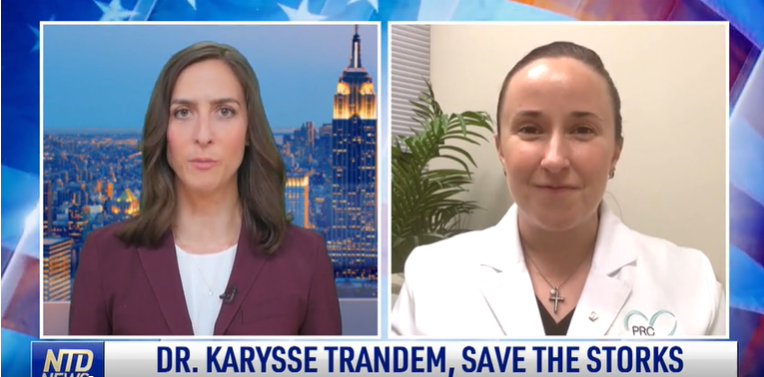
Dr. Hutson (formerly Dr. Trandem): How to Support Mothers in a Post-Roe World
Save the Storks official MD and board member, Dr. Hutson (formerly Dr. Trandem) talks to NTD TV on how to support mothers in a post-Roe world.
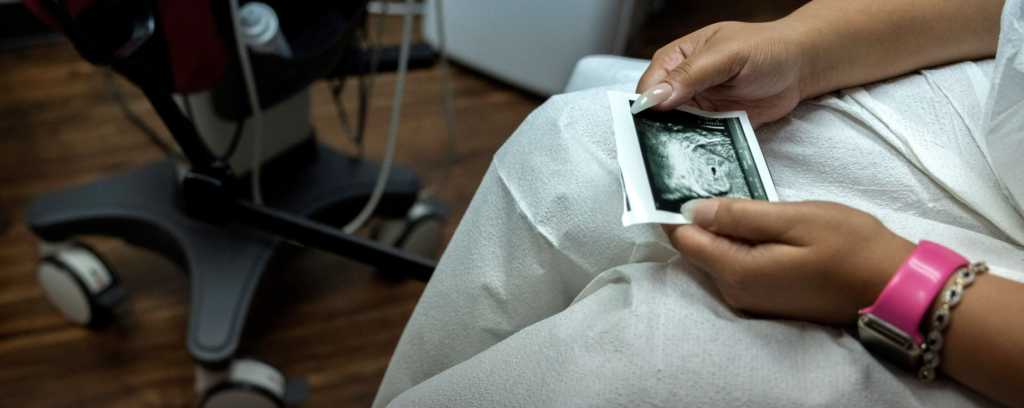
Fall of Roe v. Wade Upends Abortion Landscape for American Women
Wall Street Journal credits Stork Buses as medical mobile units supporting women facing unplanned pregnancies and how they are critical in a post-Roe society.
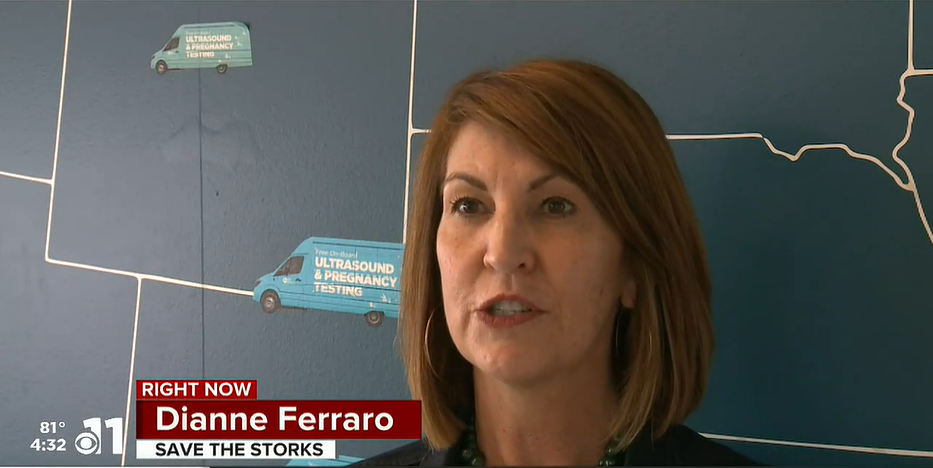
Colorado Springs organizations react to Roe V. Wade decision, discuss resources available to patients
KKTV gathers opinions from Save the Storks on SCOTUS decision to overturn Roe v Wade and what resources they are providing to women.
Save the Storks CEO, Diane Ferraro, reacts to Roe V. Wade leak on KKTV 11
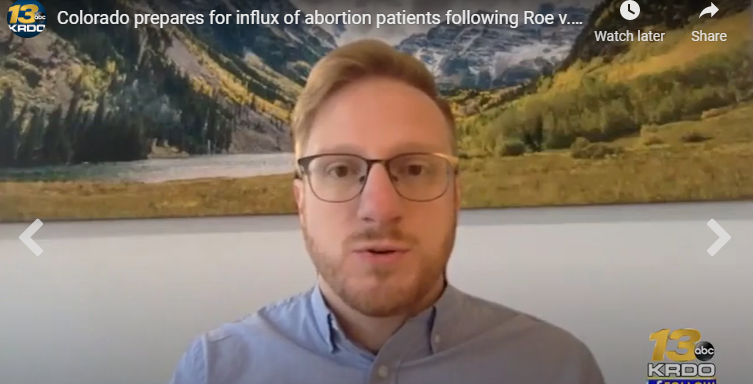
Colorado prepares for influx of abortion patients following Roe v. Wade overturn
Joseph Schmidt, Save the Storks Director of Church Programs and Partnerships, speaks on Colorado being a “safe haven state” and the organization’s plans to help counter abortion.

How His Son’s Brush with Death Taught Sanctus Real’s Matt Hammitt a Message for All Fathers: ‘Get off the Bench’
Matt Hammitt talks to CBN about son, Bowen’s, fatal condition at birth, and what he encourages fathers to do in the pro-life movement.
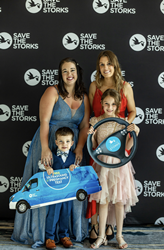
A Decade of Life-Saving Work Celebrated at Stork Ball 2022 with Moms and Children Honored
Save the Storks hosted a black-tie dinner and unique celebration at the Gaylord of the Rockies in Denver, Colorado, on April 29 to honor the mothers who chose life on Stork Buses over the past 10 years.

Save the Storks’ Luke on EWTN Catholic Radio
Luke Vercollone, a former professional soccer player, is doing pro-life work with Save the Storks, which is helping mothers to make a decision for life.
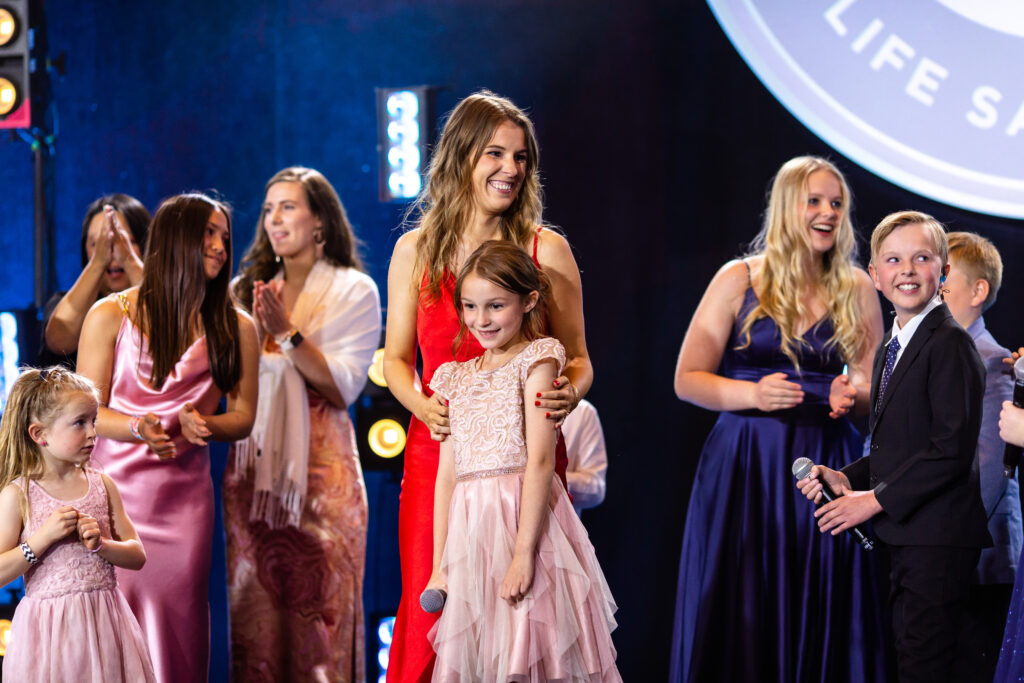
A Decade of Life-Saving Work Celebrated at Stork Ball 2022 with Moms and Children Honored
Save the Storks hosted a black-tie dinner and unique celebration at the Gaylord of the Rockies in Denver, Colorado, on April 29 to honor the mothers who chose life on Stork Buses over the past 10 years. This gala included several children with their moms who surprised the audience with a heartwarming live performance of “Shelter of Love” after mini-birthday cakes were served for dessert.

New Stork Bus Launches in Florence, Kentucky
We delivered our 66th state-of-the-art Stork Bus to 7 Hills Church in Florence, Kentucky to help reach more women in the Kentucky-Northern Ohio River region and save more lives.
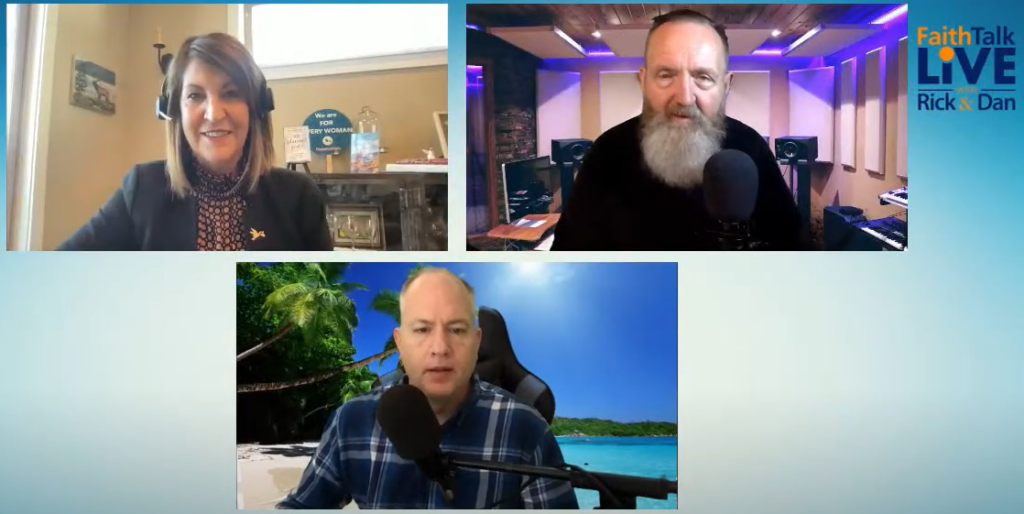
FaithTalk LiVE with Diane Ferraro
Diane Ferraro speaks to FaithTalk LiVE with Rick and Dan about the expansion of Stork Buses, the overturning of Roe v Wade, and her favorite pro-life stories including her own mother’s birth story.

More State Money Flows to Christian Pregnancy Ministries
Save the Storks was interviewed by Steve Rabey on the allocation of state funds towards pro-life nonprofits and ministries. Diane Ferraro lends her insight and shares our mission.
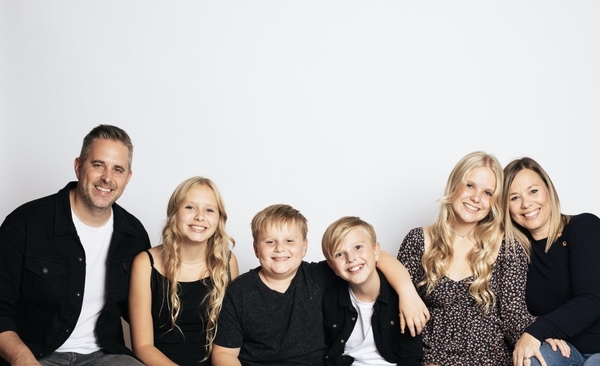
Save the Storks Observes CHD Awareness Day
Save the Storks observes Congenital Heart Defect Awareness Day this Valentine’s. Many mothers are encouraged to end their pregnancies if an abnormality in a baby’s heart is found. At Save the Storks, we believe every baby deserves a chance at life, and a life full of love.
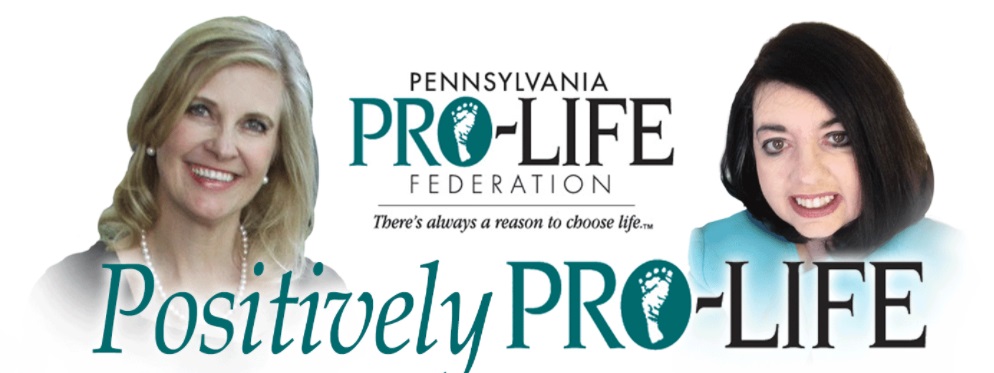
Positively Pro-Life: Save the Storks
Positively Pro-Life! is an upbeat, engaging program covering issues from a pro-life perspective. Save the Storks was honored to be a guest recently on this popular podcast.

Adoption as a Choice Premiere Episode with Mikki Shepard as Host on Voice America’s Empowerment Channel
Dianne Ferraro has been a key member of the executive and leadership teams at Save the Storks since 2018. She will be sharing her own story, as well as, the mission of Save the Storks and the work they do for communities traveling in their Stork buses.

Award-Winning Singer, Songwriter, Author and Speaker Matt Hammitt Joins Ministry Save the Storks’ Staff as Mission Ambassador and Men’s Outreach Promoter
Save the Storks announced today that award-winning singer, songwriter and author Matt Hammitt has joined their team, taking on the role of Mission Ambassador and Men’s Outreach Promoter. Matt will oversee the organization’s fatherhood program, as well as work on creative projects and mission-related efforts.

Equality Act would jeopardize pro-life pregnancy centers, Save the Storks CEO warns
If the Equality Act becomes law, it will jeopardize the freedoms of pregnancy resource centers and hinder other pro-life protections, warns Save the Storks’ CEO Diane Ferraro.
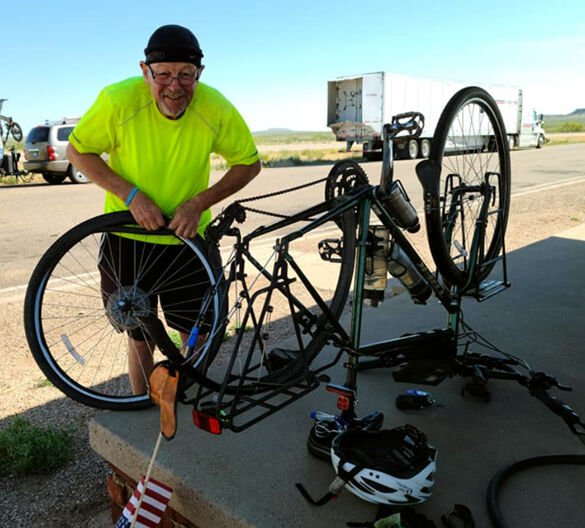
Cross-country bike ride honors wife’s passion for saving unborn
Mike Washington and Thad Champlin arrived in Washington, D.C., on July 4 after a 2,989 mile, 55-day bike ride across America to raise money for Save the Storks.
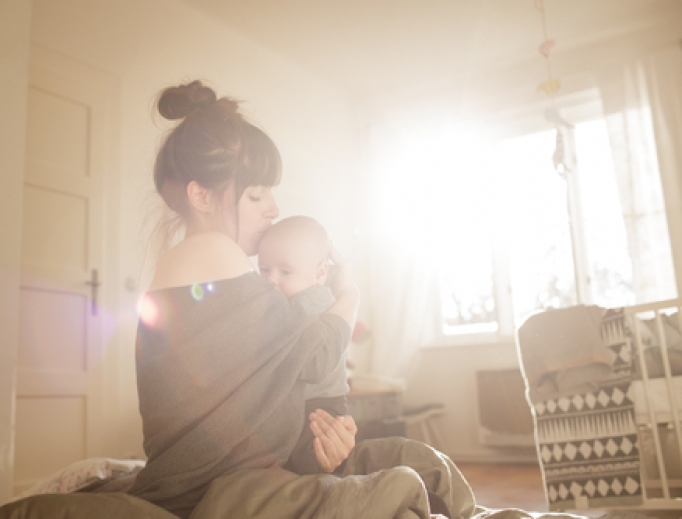
Crisis Pregnancy Centers Get Creative to Help Expectant Mothers During Coronavirus
As young expectant mothers are facing new challenges with the coronavirus pandemic, crisis pregnancy centers are here to help.

The essential work of pregnancy centers
With most abortions in Texas on hold because of the coronavirus outbreak, more patients are turning to pro-life pregnancy centers like the Hope Women’s Resource Clinic in Beaumont.

Kristy Nielsen: Ultrasound bill can save babies targeted for abortion
Save the Storks is a national pro-life group that utilizes medically equipped buses and vans overseen by licensed medical providers to offer free mobile ultrasounds to abortion-minded and abortion-vulnerable women. They have performed thousands of free ultrasounds.
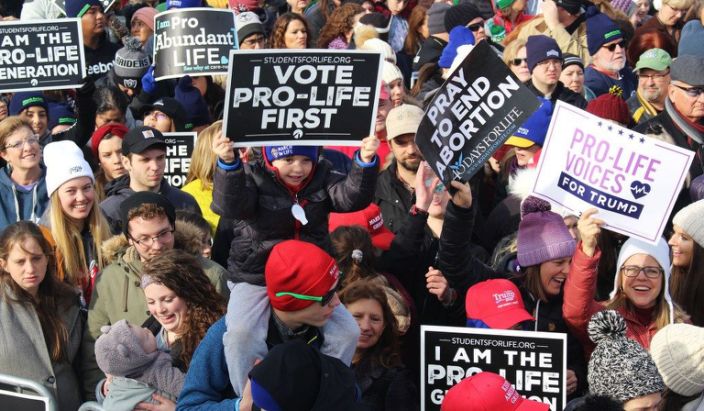
‘Hanging by a Thread’: Democrats and the Abortion Case That Could Signal the Beginning of the End
“It’s very important for the pro-life movement and for women everywhere in Louisiana because it ensures that the standards of health care are not lower in the area of abortion,” Katrina Jackson told National Review on Thursday at pro-life group Save the Storks’s annual Stork Ball in Washington.

Donald Trump is First U.S. President to Attend Annual Anti-Abortion in Washington, D.C.
Al Jazeera interview with Save the Storks Spokesperson Victoria Robinson.
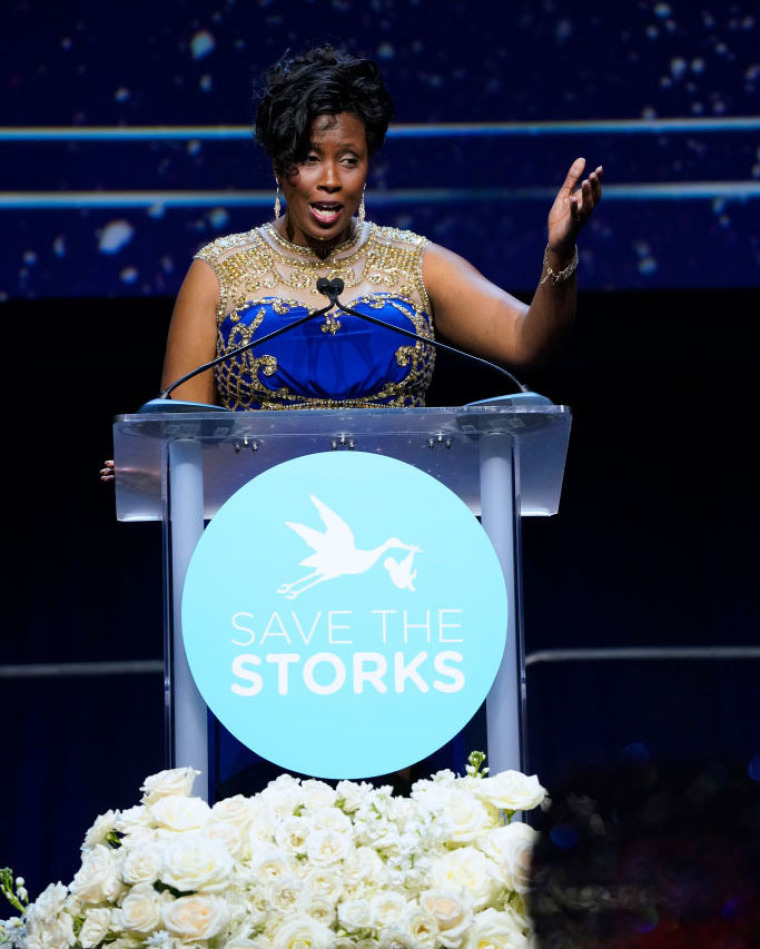
Katrina Jackson: Pro-lifers at ‘turning point,’ end to shedding innocent blood is here
WASHINGTON — In an interview with The Christian Post Thursday following the third annual gala for the pro-life group Save the Storks at the Ronald Reagan International Trade Building, Louisiana state Sen. Katrina Jackson, D-Monroe, said the movement to save the unborn has reached “the turning point.”

‘This President Has Done More for the Pro-Life Movement Than any President’: Former Press Secretary Sarah Huckabee Sanders Praises Trump at Annual Save the Storks Gala
January 24, 2020– On Thursday night, the pro-life nonprofit organization, Save the Storks, threw their annual Save the Storks gala in Washington, D.C.
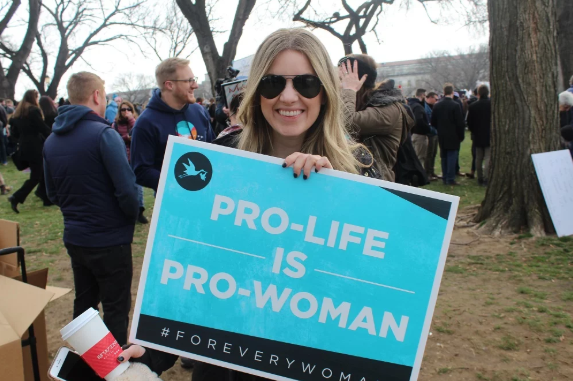
40 Faces We Saw At The 2020 Washington DC March For Life
JANUARY 26, 2020 By Jayme Metzgar — Like any political gathering numbering in the tens of thousands, the March for Life is a fascinating intersection of backgrounds, cultures, and faith traditions. Since a picture is worth a thousand words, below you’ll find about 40,000 words’ worth of commentary on the pro-life movement in America.
See Save the Storks signs featured in the article.

Thousands of people attend historic March for Life, the first to have a president in attendance
“My mom was 16 years old when I was conceived, 17 when she had me and I’m here because she didn’t choose abortion, she chose life,” Save the Storks Spokesperson Ryan Dobson said.
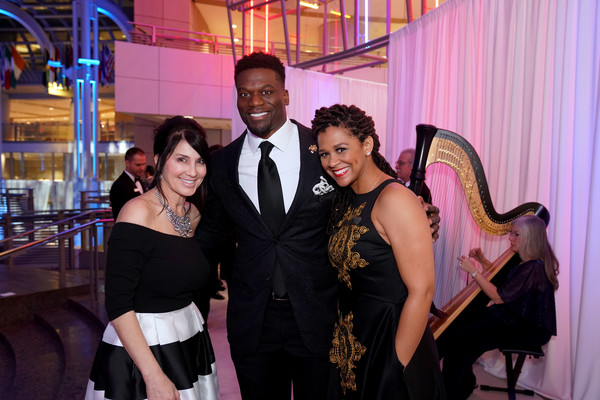
Victoria Robinson “Save the Storks” – Lisa Hendey & Friends #85
On this week’s show, we welcome pro-life advocate Victoria Robinson of Save the Storks to share about the proactive work this organization undertakes with pregnancy centers around the country.

Could We Be Witnessing a Pro-Life Revolution?
Victoria Robinson on the Students for Life in America website.
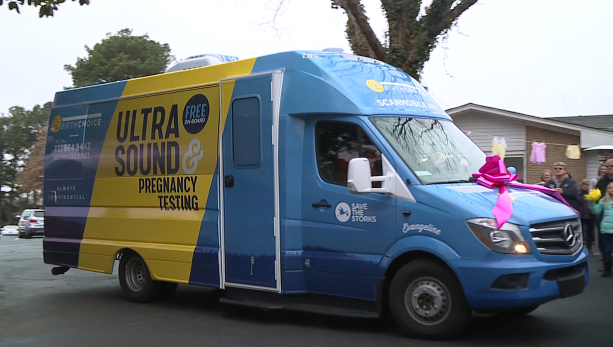
Pro-life Ministry Save the Storks Delivers 55th Bus
JACKSON, Tenn. – Community members came together Saturday morning for the Birth Choice mobile unit arrival party. The Birth Choice clinic recently purchased a mobile medical unit from ‘Save the Storks.’ The mobile unit is equipped to offer free on-board pregnancy testing and ultrasounds to women in neighboring counties like Hardeman, Haywood and Fayette county.
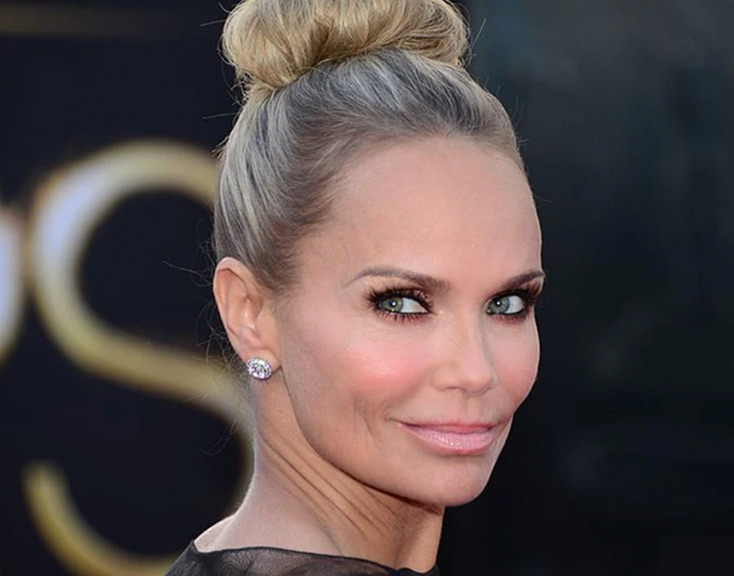
Kristin Chenoweth Backs Pro-Life Message Of New Movie, Shares Personal Experience: ‘TOLD FROM MY GUT’
Tony and Emmy Award-winning actress Kristin Chenoweth has publicly backed the pro-life message shared in a new Hallmark Channel movie in which the 51-year-old actress stars.
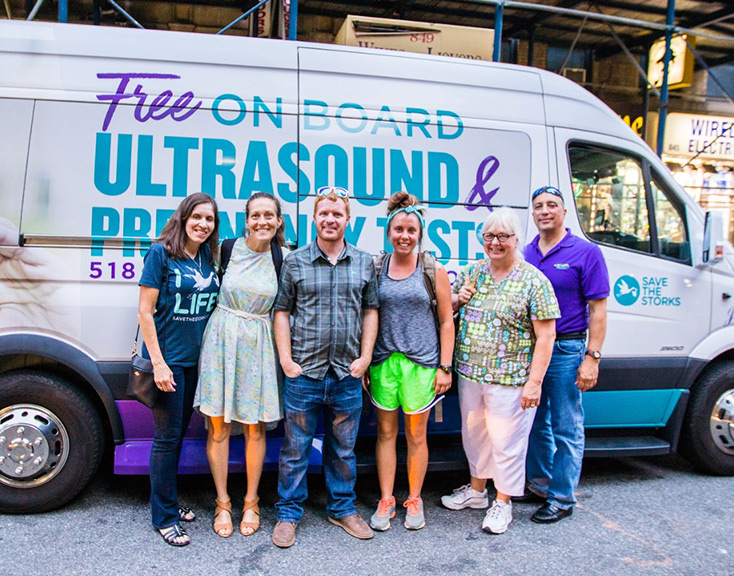
See How Save The Storks Are Coming In Buses And Empowering New Moms
Free Ultrasounds and much more? That’s right, absolutely free!
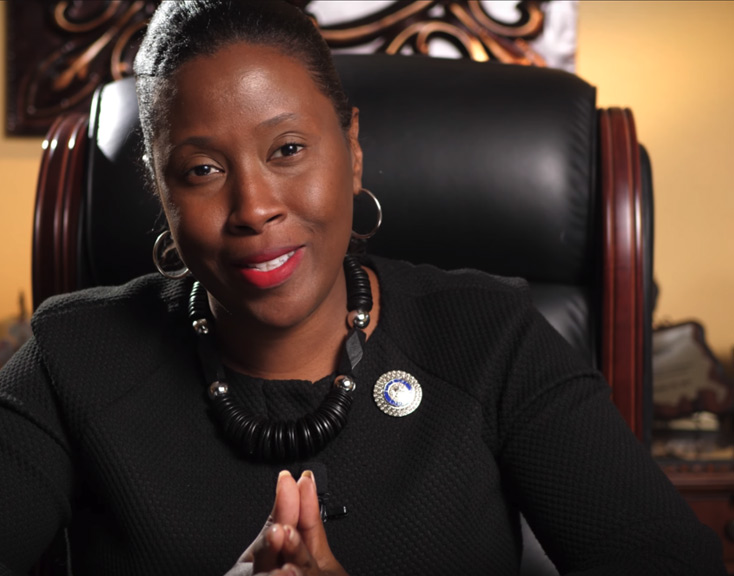
Louisiana Democrat Explains Why She’s Defending A Pro-Life Law Before The Supreme Court
In early 2020, Louisiana Democratic state Sen.-elect Katrina Jackson will be speaking out not only in the state house, but perhaps also at the U.S. Supreme Court about a state pro-life law she authored.

Planned Parenthood “indoctrination” targets high schools in California
Pro-Life group Save the Storks offers alternatives to the nation’s largest abortion provider in California
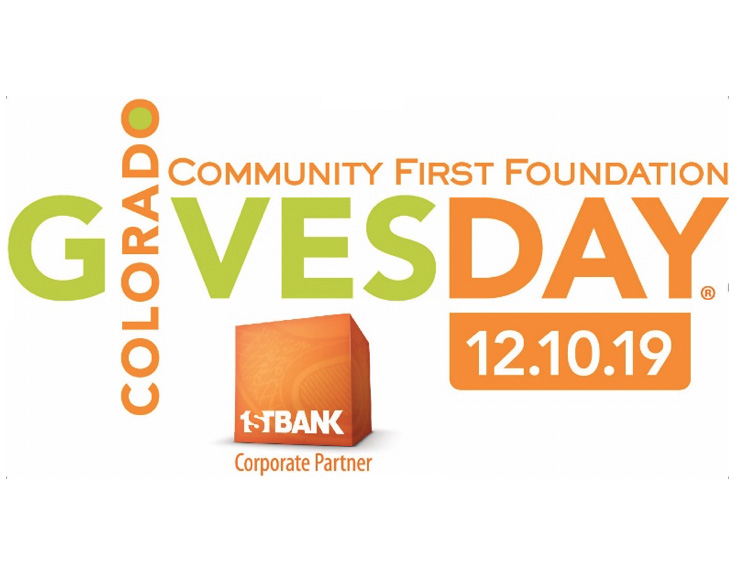
Support Save the Storks on Colorado Gives Day
Colorado Springs, CO (Dec. 6, 2019) – Pro-life non-profit Save the Storks invites Coloradans to support its mission to empower moms who choose life by donating on Colorado Gives Day, December 10, 2019.

Save the Storks Celebrates Giving Tuesday by Empowering Moms to Choose Life
NOVEMBER 26, 2019 (PR Web) Pro-life organization, known for innovative mobile medical units and supporting pregnancy resource centers across the United States, sets goal of $75,000 to raise for Giving Tuesday 2019.

Less than half of US evangelicals identify as ‘pro-life,’ new poll suggests
November 14, 2019 (Christian Post) Only a quarter of evangelicals in the United States believe abortion should be illegal in all cases, according to a new poll showing that a majority of self-identified Christians in the U.S. identify as “pro-choice” and less than half of evangelicals identify as “pro-life.”
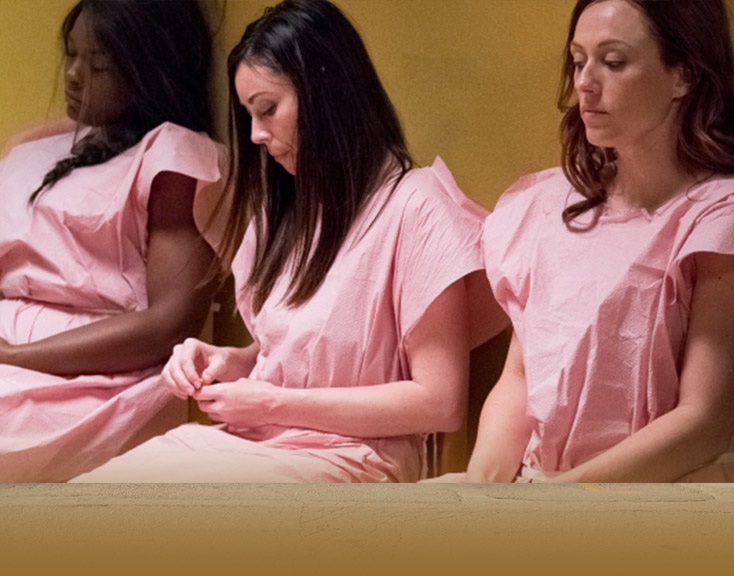
Pro-Life Organization Save the Storks Releases New Study of Religious Views on Abortion
November 13, 2019 (Save the Storks) Less than half of evangelicals, mainline protestants and Catholics identify as pro-life
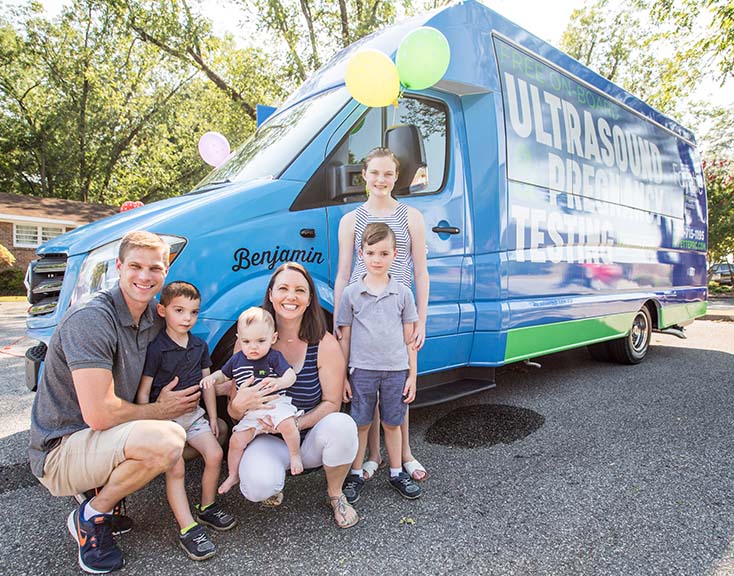
Pro-life Ministry Save the Storks Delivers 49th and 50th Buses
October 3, 2019 (Save the Storks) This month, pro-life ministry Save the Storks delivered its 49th and 50th mobile medical units (MMU) to pregnancy resource centers in Georgia and New Jersey.
News Articles: benzinga.com
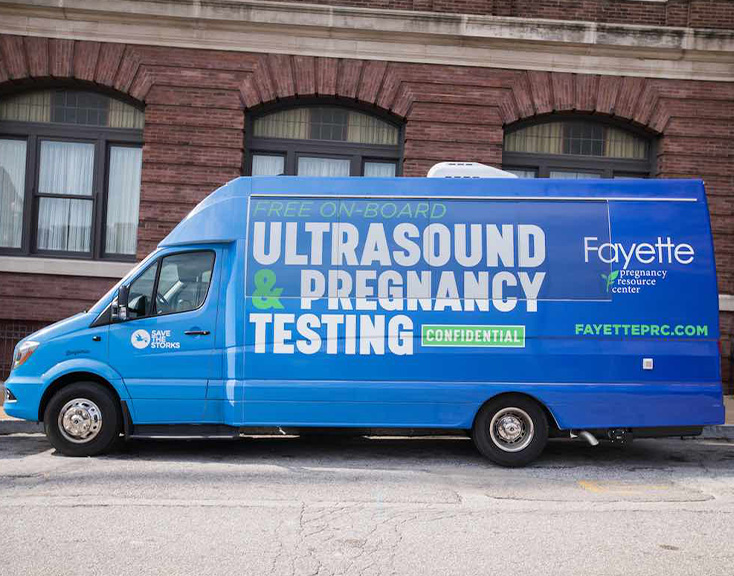
Mobile medical unit a new service at Fayette Pregnancy Resource Center – The Citizen
September 4, 2019 (The Citizen) This fall, Fayette Pregnancy Resource Center will be offering a new service to the community — a mobile medical unit. The mobile unit is a customized van which was purchased in partnership with …
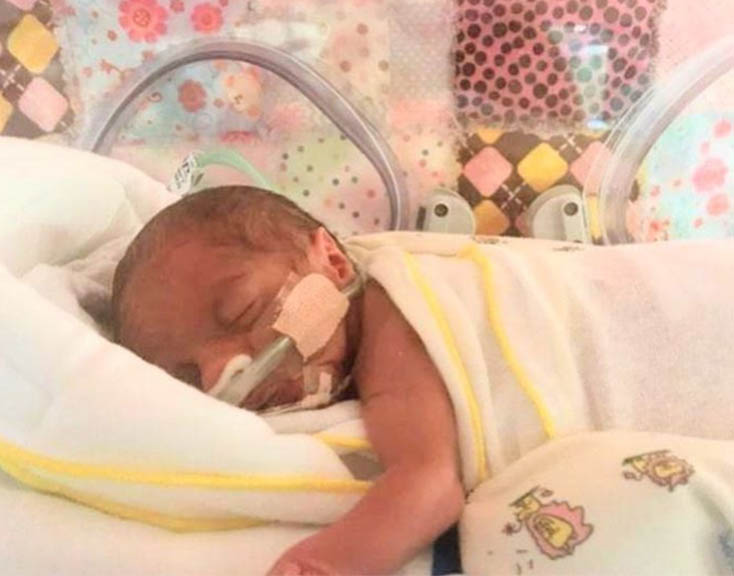
Facebook admits mistake in rejecting pro-life ad; labeling baby photo ‘shocking, violent’ – The Christian Post
August 31, 2019 (Christian Post) – Facebook says its photo sharing site Instagram made a mistake when it blocked a pro-life group from boosting a post featuring a newborn baby and labeled it as “violent” content.
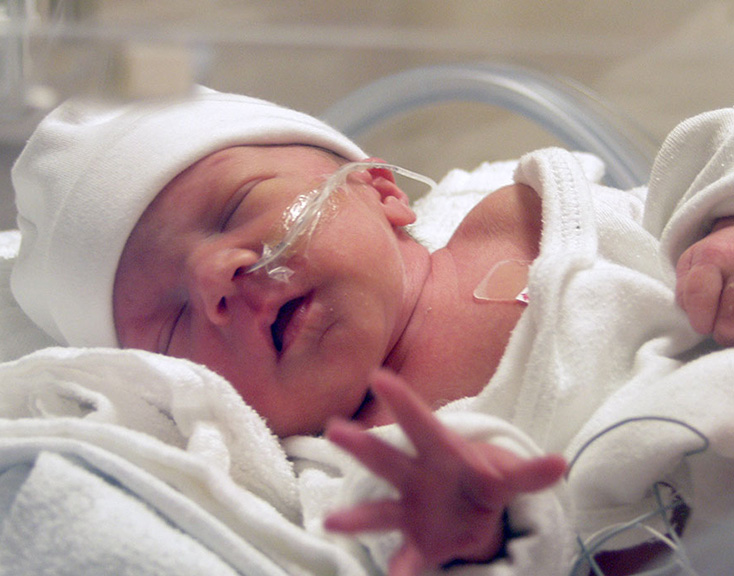
Instagram blocks pro-life ad about mom who chose life despite brain tumor | News | LifeSite
August 29, 2019 (LifeSiteNews) — The Facebook-owned Instagram has censored an ad highlighting a woman who chose life for her child despite being urged to abort to save her own life, according to …
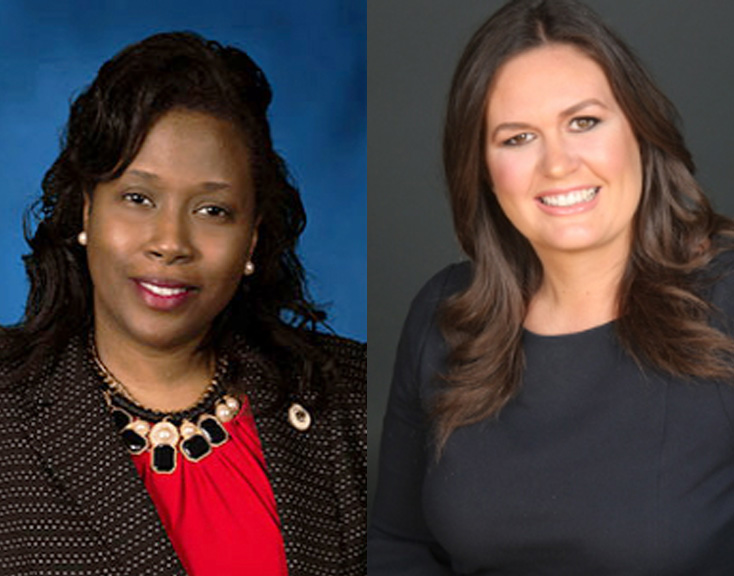
Save The Storks’ 2020 Stork Charity Ball To Feature Former White House Press Secretary Sarah Huckabee Sanders and Louisiana State Representative Katrina R. Jackson
Colorado Springs, CO (August 22, 2019) – Save the Storks, a pro-life organization partnering with pregnancy resource centers, announced today it will host its annual black-tie fundraising gala, the Stork Charity Ball, Jan. 23, 2020, in Washington, D.C. at the Ronald Reagan Building.
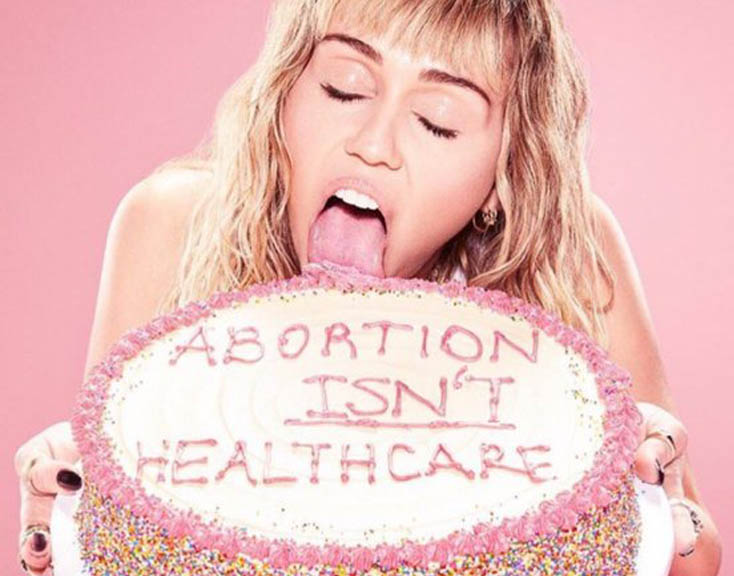
Pro-Life Groups Issue Own Version Of Miley Cyrus’ Viral Abortion Cake Photo | The Daily Wire
June 11, 2019 (Daily Wire) Responding to the 26-year-old’s promotional content for abortion, pro-life groups decided to recreate the image in more realistic terms. Students for Life, for example, posted a photo of a baby girl eating the icing off a cake that says “Abortion Is Violence” in icing.
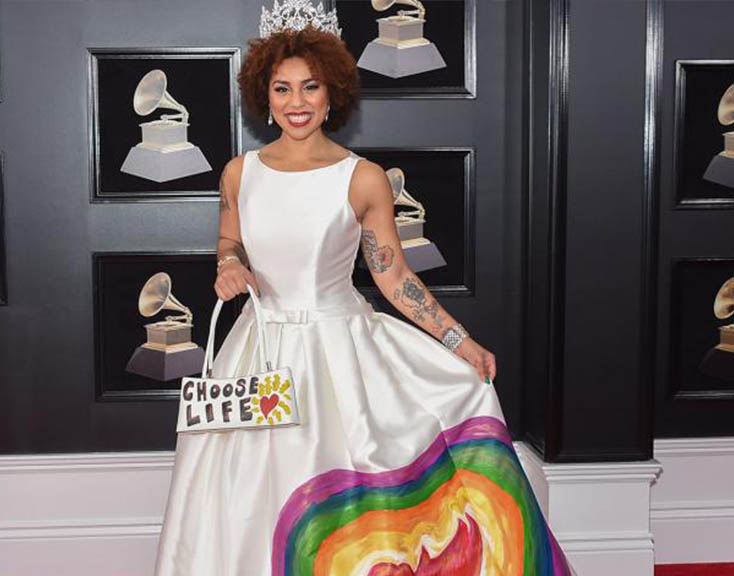
Singer Joy Villa wears anti-abortion gown on Daytime Emmys red carpet: ‘Pro-life is pro-woman’
May 6, 2019 (Yahoo.com) The conservative singer’s gown featured storks delivering babies.
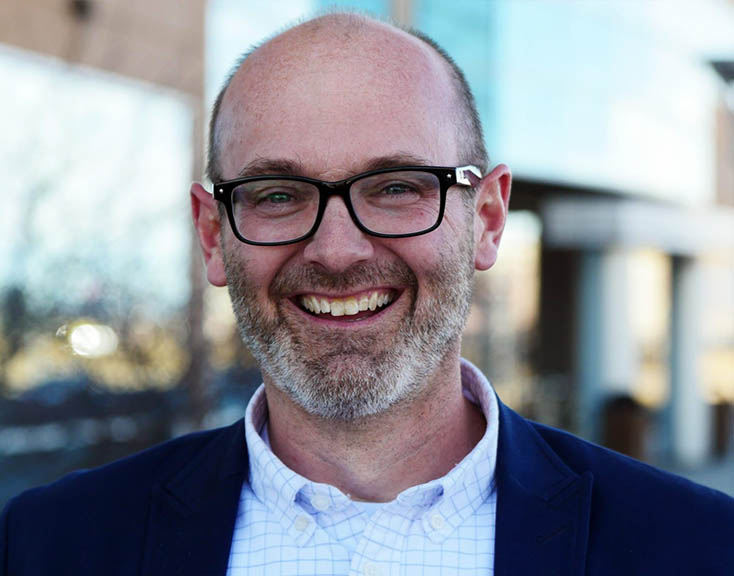
Paul Isaacs to Address Presidential Leadership Series at Bob Jones University – globenewswire.com
Greenville, SC, Jan. 23, 2019 (GLOBE NEWSWIRE) — Paul Isaacs, president of Save the Storks, will headline the Bob Jones University Presidential Leadership Series Tuesday, Jan. 29, at 11 a.m. in …
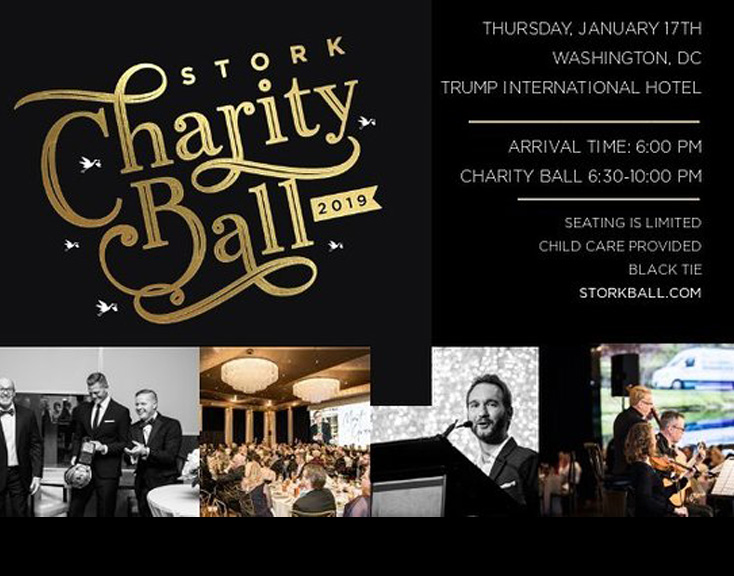
Kirk Cameron To Co-Host 2nd Annual Stork Charity Ball in Washington D.C. – Look to the Stars
December 14, 2018 (Look to the Stars) Save the Storks, a pro-life organization partnering with pregnancy resource centers to empower women through education with choice during pregnancy, will be hosting their premier black tie …

Save the Storks Shows HBO’s John Oliver Why 4 Out of 5 Moms Are Choosing Not to Abort Their Babies – The Christian Post
May 11, 2018 (Christian Post) The pro-life nonprofit organization Save the Storks has released a powerful Mother’s Day campaign video showing pregnant women who are choosing not to abort their unborn babies after receiving free sonograms outside of abortion clinics on Save the Storks busses.








